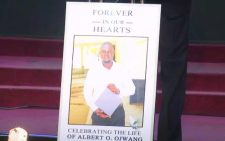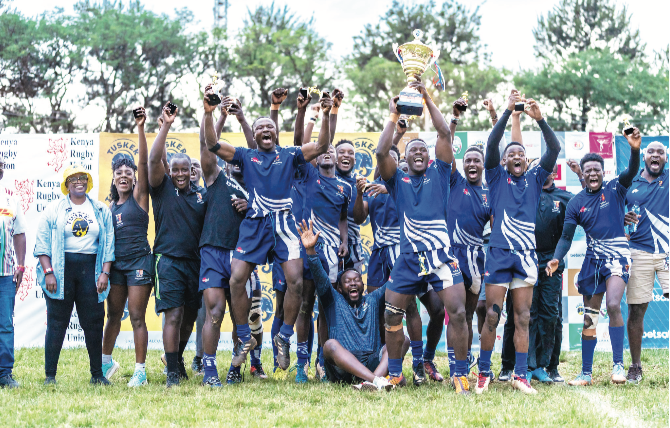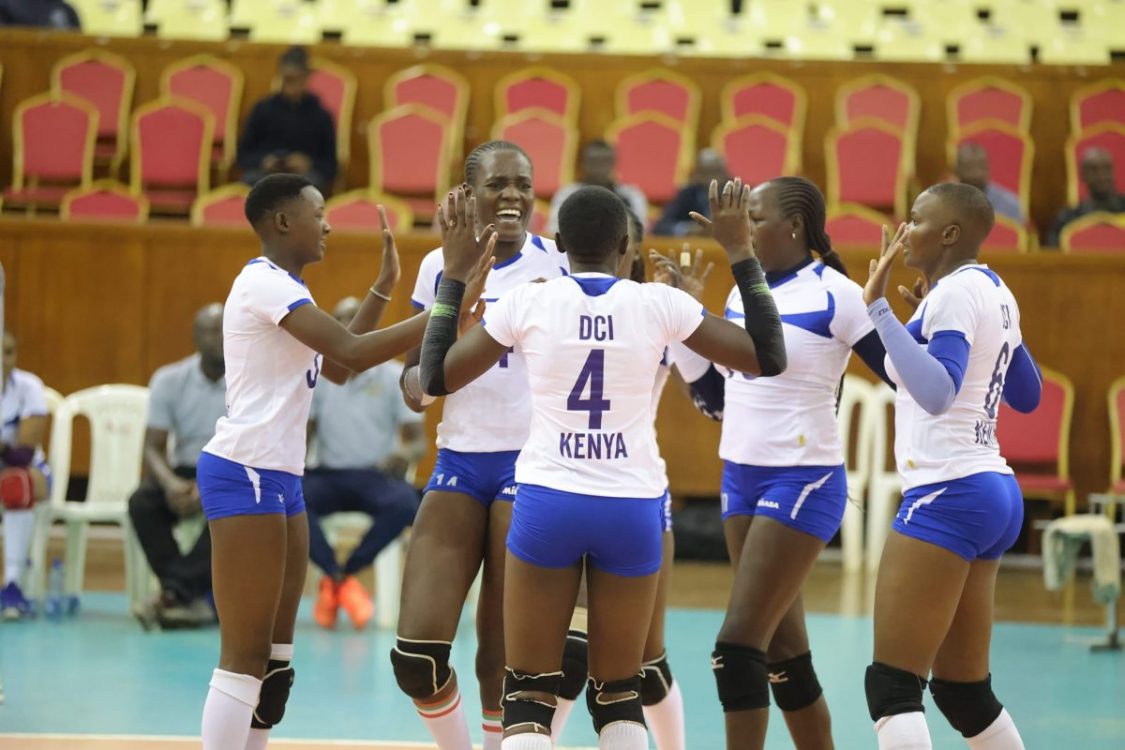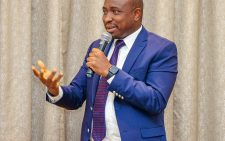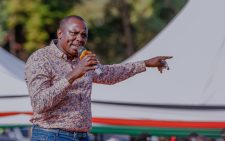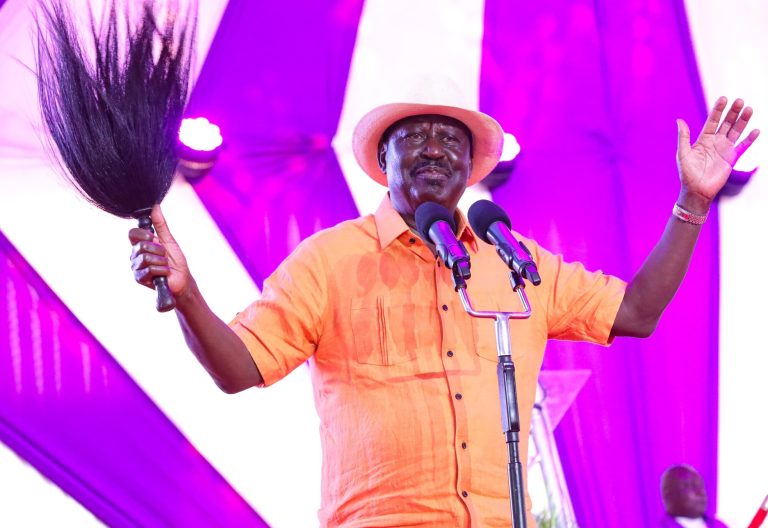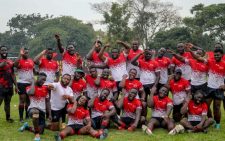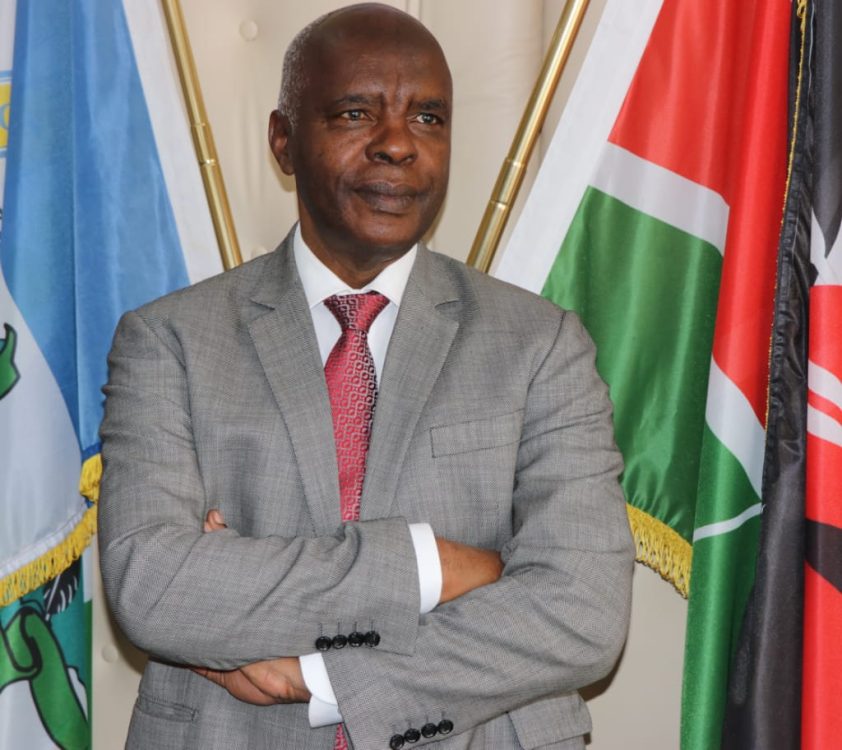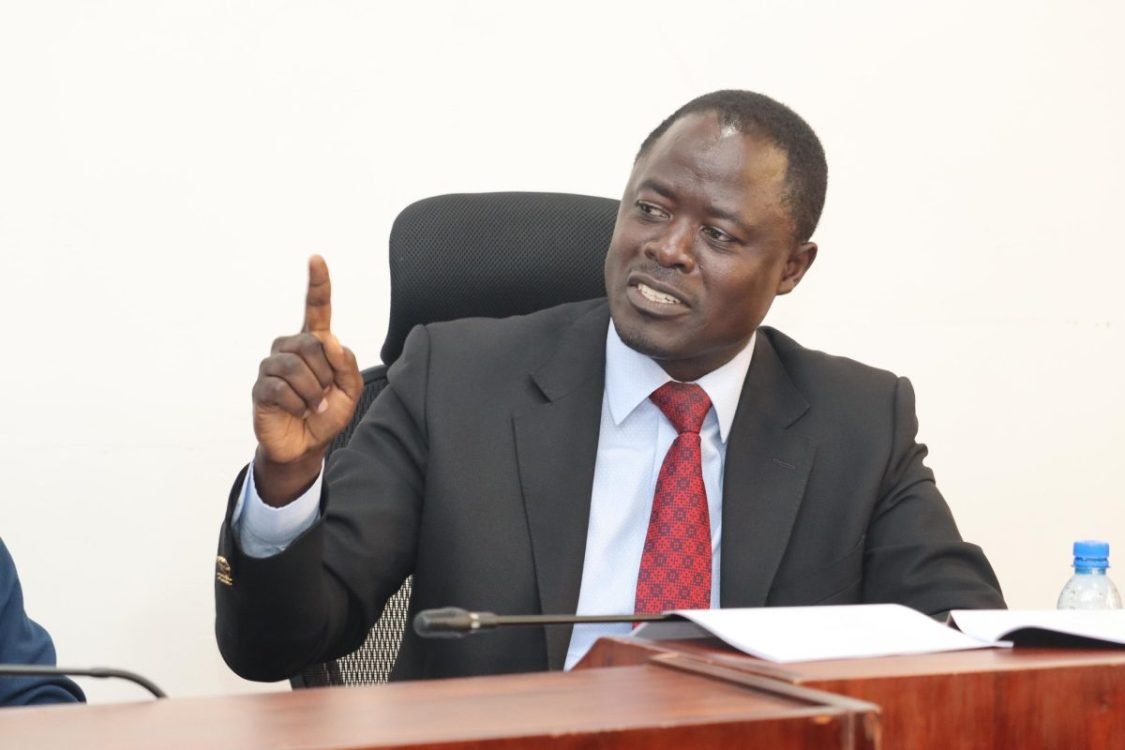Focus now shifts to DIG Lagat in Albert Ojwang’s jail death
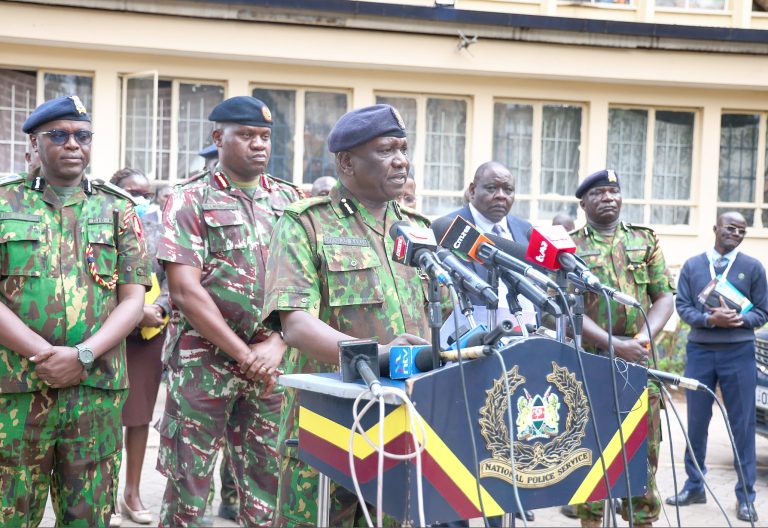
The death of Albert Ojwang in police custody has elicited scrutiny of Kenya’s law enforcement practices, with officials and civil society groups demanding accountability for what many view as part of a disturbing pattern of State violence.
Ojwang died on Sunday, June 8, 2025, while detained at Central Police Station in Nairobi, following his arrest Saturday afternoon from his home in Kakot, Homa Bay County.
He and co-accused Kelvin Moinde faced charges of publishing false information about Deputy Inspector General Eliud Lagat, who had lodged the complaint.
The Office of the Director of Public Prosecutions (ODPP) subsequently announced there was insufficient evidence to charge Moinde.
“Upon careful perusal of the inquiry file, the Director of Public Prosecutions is satisfied that there is NO sufficient evidence to charge Mr Kelvin Moinde,” the ODPP stated.
Arrest and death
Ojwang’s final phone conversation with a friend revealed his anxiety about being in custody.
In a recorded call, he asked: “Have you ever been arrested? How is it? I have never experienced this before.” When he inquired, “Will I be safe?” his friend reassured him based on previous experience at the Industrial Area police station.
Inspector General Douglas Kanja explained that Ojwang was found unconscious during a routine inspection at 1:39 am and rushed to Mbagathi Hospital, where he was pronounced dead on arrival.
However, family representatives dispute this account.
“This young man was alive and well when the police took him. But by Sunday, the family was being told he had died during treatment. The truth is, that Albert died in custody. His body had multiple injuries, particularly on the head, and was bleeding from the nose and mouth,” family lawyer Julius Juma said.
The autopsy was delayed to ensure transparency, with independent pathologists and civil rights organisations present.
“We want transparency. There must be no foul play,” Juma added.
Official response
Following mounting pressure, IG Kanja interdicted the Central Police Station commander, duty officer, cell sentry, and all officers on duty to allow an impartial investigation by the Independent Policing Oversight Authority (IPOA).
“This is standard protocol to ensure impartial investigations. IPOA is leading the process. If anyone is found culpable, they will face the law,” Kanja stated.
The Law Society of Kenya, led by President Faith Odhiambo, questioned the arrest’s legality, noting no court order justified the overnight transfer from Homa Bay to Nairobi, violating the Criminal Procedure Code and Police Standing Orders.
“All events leading to the untimely and unfortunate death of Mr Ojwang reek of illegality, malice, and abuse of authority,” LSK declared, calling it illustrative of systemic weaknesses within the National Police Service.
The International Commission of Jurists (ICJ-Kenya) highlighted the troubling resurgence of Friday arrests before weekends and holidays, reminiscent of “Kamata Kamata Fridays” that historically led to prolonged detention before court appearances.
Human rights organisations point to a growing trend of abductions, enforced disappearances, and mysterious deaths involving security officers, representing what they term a culture of repression and impunity.
Political response
Nyanza region politicians, led by Dr. James Nyikal and Millie Odhiambo, condemned the killings and called for presidential intervention.
“No one has a right to arrest, murder, or kill a person merely because he or she disagrees with the views,” they stated.
“We call on the President to take charge and restore order in the security apparatus of this nation.”
Amnesty Kenya emphasised the urgent need for swift investigations and prosecutions.
“This blatant abuse of rights is not acceptable. A red line must be drawn… heads must roll within the security establishment.”
Context and concerns
Wangeshi Grace Kahuria of the Independent Medical Legal Unit called Ojwang’s death “a shameful tragedy and a reflection of a justice system in crisis,” promising continued independent investigations.
Since last year’s Gen Z-led protests challenging government policies and economic hardships, critics argue that voices opposing the government have increasingly faced targeting.
Human rights activist Khalid Hussein noted the suspicious disappearance of Ojwang’s social media presence.
“Albert was arrested for allegedly publishing false information, but where is the evidence? Where is his Twitter handle? His Facebook page? They’ve disappeared,” Hussein questioned.
“This is state-sanctioned silencing.”
Several youth activists, bloggers, and vocal citizens have been arrested, threatened, or mysteriously disappeared since the protests, fuelling accusations of orchestrated crackdowns on dissent.
“Kenya is not a police state. If the youth are arrested every time they speak out, then who is safe? This isn’t about law and order anymore — this is about fear and control,” Hussein observed.
Community action
Fred Ogola, representing Linda Jamii and other community groups, called for public vigilance and unity in supporting Ojwang’s family.
“The state has already shown it cannot be trusted to investigate itself. We are conducting parallel investigations, and we are collecting our own evidence. This case must not end in silence.”


